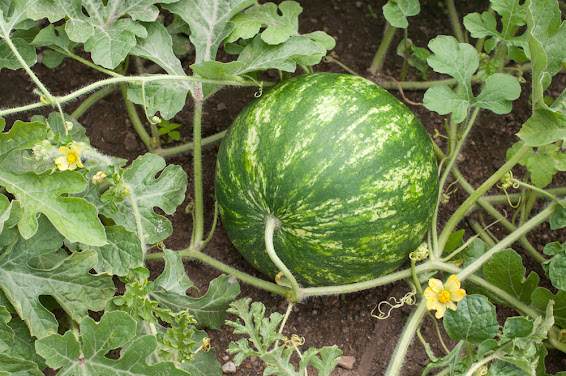By Clint Thompson
Rindworm activity has yet to be reported in North Florida’s watermelon crop. But increased feedings are expected in the upcoming weeks, believes Bob Hochmuth, University of Florida Institute of Food and Agricultural Sciences (UF/IFAS) Regional Specialized Extension agent in Live Oak, Florida.

Hochmuth reported in his weekly email on Sunday that growers should continue to scout for damage and apply weekly sprays as needed.
“Management strategies are complicated due to new label restrictions to protect pollinators (that is a good thing). Once you begin to see frequent symptoms of damage, the better materials will include the higher labeled rates of Intrepid or Coragen (as sprays only) which are also safe on pollinators,” Hochmuth wrote. “Coragen is not very effective as a chemigated option once fruit are large and worms are feeding, because even though systemic, Coragen is not translocated well to the rind of large fruit.”
Producers should avoid using pyrethroids for control of rindworms, as there is a very high level of resistance to that class. They are also toxic to bees and are extremely harsh to beneficial insects. Their use can often lead to a spider mite outbreak.
Rindworm refers to a group of several caterpillar species including corn earworm, fall armyworm and beet armyworm.









